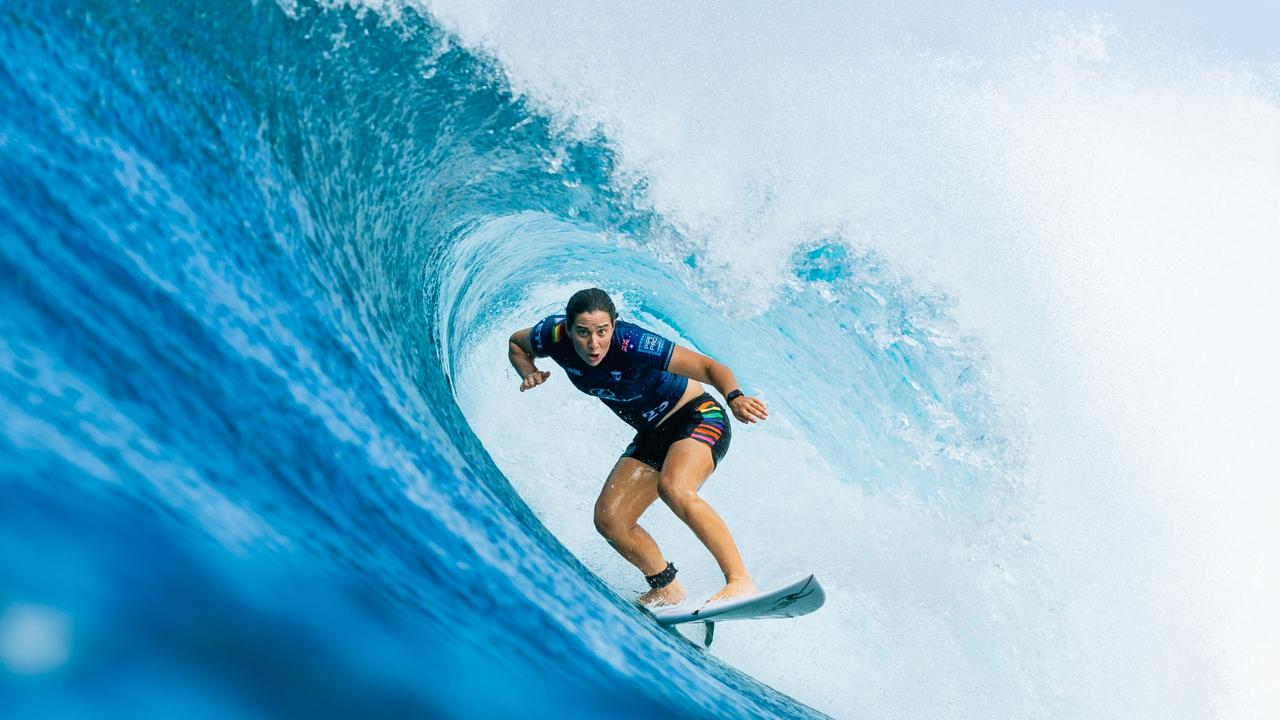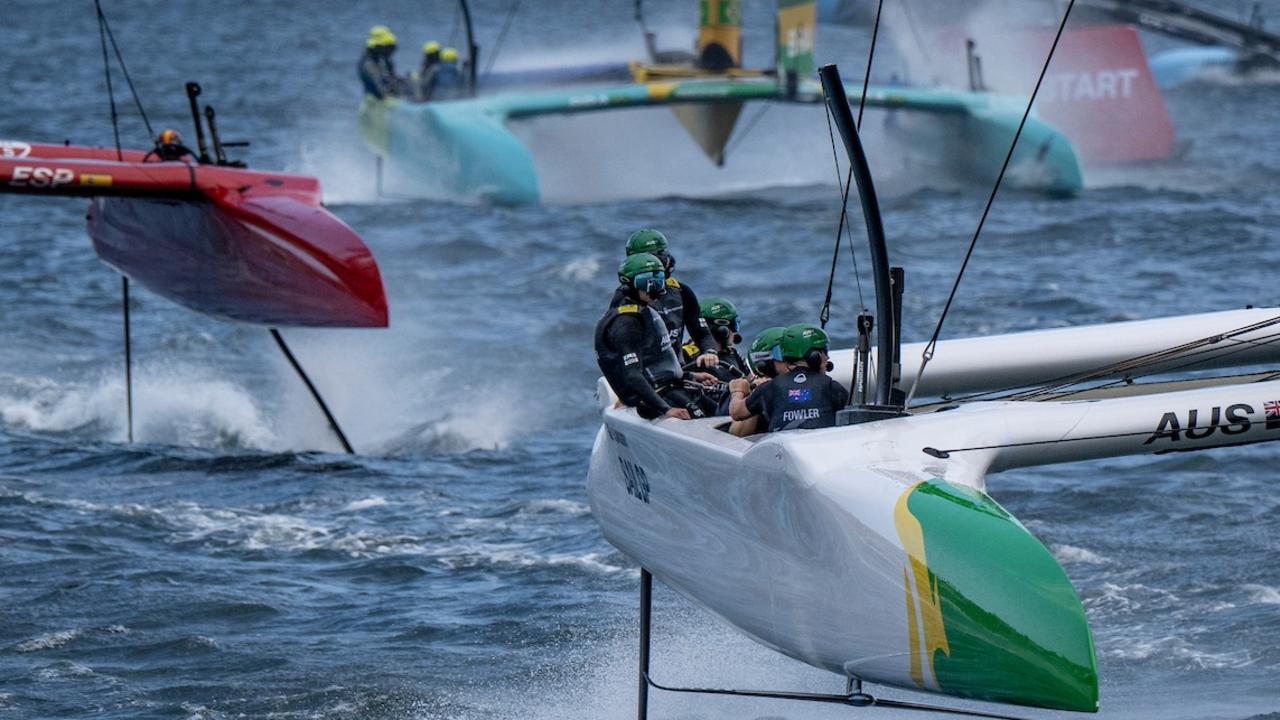Australian athletes seeking help for mental health issues skyrocketed post Tokyo Olympics
Under pressure from Covid, the Olympics and Paralympics, more and more athletes are reaching out for help, as one-in-three battle with mental health issues.
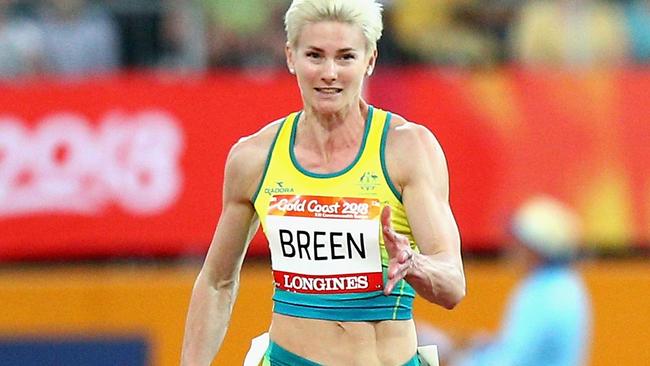
Demand from athletes and staff for mental health support is up almost 70 per cent over the past year as we close in on the Commonwealth Games.
The Australian Institute of Sport confirmed the spike in 2021 and said the impact of Covid, and the pressures of Olympic and Paralympic competition were among the primary issues for the 68 per cent increase in referrals.
The AIS is expanding it’s Mental Health Referral Network (MHRN) ahead of the Birmingham Games in July and is available to athletes, coaches, support staff and even family of athletes.
AIS research among Australia’s 2500 high performance athletes shows one-in-three athletes were dealing with mental health or wellbeing concerns.
Relationships, transition in and out of sport, training, anxiety, sleep, nutrition and just general wellbeing were the key themes.
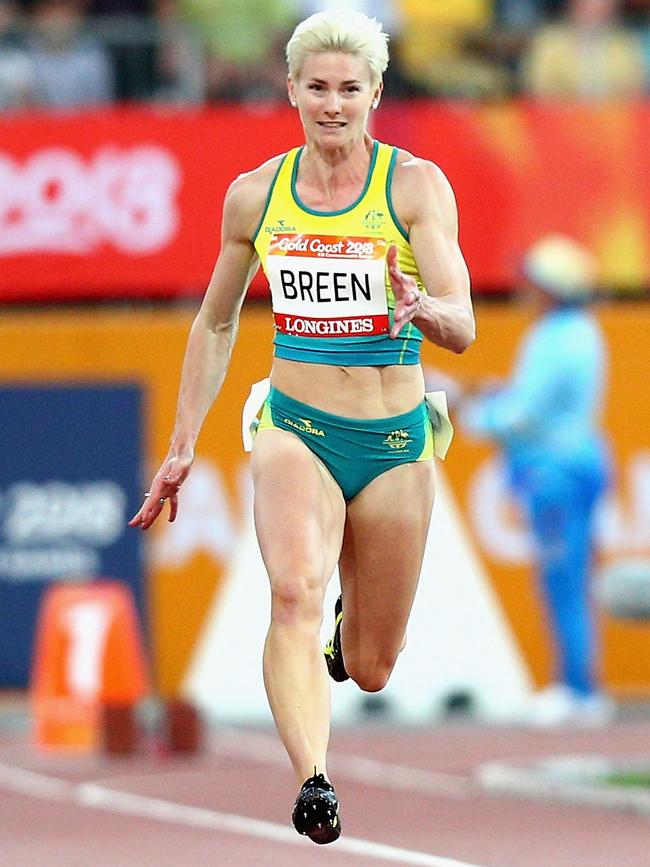
The MHRN has a national network of 60 mental health practitioners providing confidential support in psychology, psychiatry, neuropsychology and nutrition.
Rather than be alarmed by the increase in referrals in 2021, AIS Acting CEO Matti Clements said it showed more people in sport were comfortable in seeking help.
“It’s understandable that we saw a rise in referrals in 2021 because we’ve been living in a prolonged pandemic world,” Clements said.
“And it was also an Olympic and Paralympic year which can carry increased stresses.
“But the pleasing thing for the AIS is that people in sport are more aware of the support available.
“And more are willing to reach out for help. In particular, we want to encourage more coaches and past athletes to seek this support.”
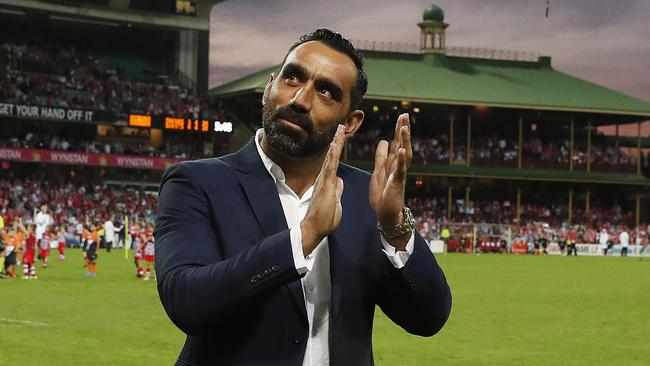
And it’s not just Olympic and Commonwealth Games athletes affected.
AFL legend Adam Goodes said at the weekend: “There’s no shame in putting your hand up for mental-health reasons.”
“It’s something that affects the majority of Australians and people around the world, not just athletes.”
Australia’s fastest woman Mel Breen was due to line up for her third, and final, Olympics in Tokyo.
When the event was postponed, she knew what she had to do: retire, aged 29.
When asked why she couldn’t hold on for another 12 months, Breen said: “Holding on and being elite don’t align.”
“So much upkeep is required to continue. You can only run on that wheel for so long. It’s exhausting.”
Details of the AIS Mental Health Referral Network, including key contact details, are available at www.ais.gov.au/mhrn


